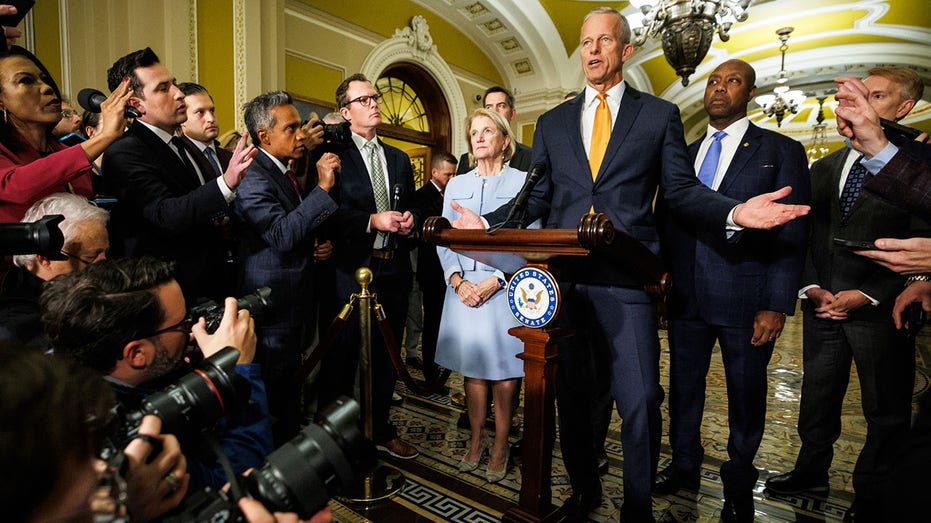A political standoff in Washington is stretching a government shutdown into unprecedented territory, as lawmakers grapple with funding the nation. The initial plan for a swift resolution – a seven-week extension – is rapidly dissolving with each passing day of impasse.
Senate Majority Leader John Thune acknowledges the original timeline is no longer viable. The House-passed continuing resolution, designed to reopen the government until November 21st, has been repeatedly blocked by Senate Democrats, led by Minority Leader Chuck Schumer. This obstruction has created a critical need for more time to negotiate and pass full appropriations bills.
The focus is now shifting towards a longer-term solution, potentially extending funding into January. Senator Thune has indicated openness to this idea, recognizing the complex process of moving bills through both chambers of Congress. A realistic timeframe for completing the appropriations work demands a more extended “runway,” he explained.
Achieving this extension will require navigating a challenging political landscape. Any revised plan, whether a new bill or an amendment to the House version, will need to secure 60 votes in the Senate – meaning bipartisan support is essential. This presents a significant hurdle, given the current level of disagreement.
The House of Representatives, currently out of session for over six weeks, adds another layer of complexity. Speaker Mike Johnson places the blame for the delay squarely on Senate Democrats, accusing them of deliberately running out the clock. However, lawmakers in the House anticipated the need for additional time due to the Senate’s blockade.
House Appropriations Committee Chairman Tom Cole believes a new continuing resolution is inevitable, given the wasted time. He envisions a short-term measure extending into early January, aiming to avoid a massive, year-end “omnibus” bill – a dreaded scenario where all funding decisions are crammed into a single, last-minute package.
Within the Republican party, there’s a divergence of opinion. Some, like Representative Andy Harris, advocate for a much longer extension, potentially lasting until December 2026, contingent on favorable terms. This illustrates the internal debate over the best path forward.
Despite the challenges, Senator Thune expresses cautious optimism that a resolution could be reached this week. However, with another scheduled recess – for Veterans’ Day – looming, the possibility of lawmakers leaving Washington with the government still shut down is a very real concern.
Thune suggests that a lack of progress by mid-week could make completing any work before the recess impossible. He describes the situation as “unlike any other government shutdown,” highlighting the unique and difficult circumstances surrounding this political crisis.
The looming recess adds significant pressure to the negotiations. Lawmakers are acutely aware of the need to avoid a chaotic year-end scramble and the unpopularity of a massive, last-minute omnibus bill. The coming days will be critical in determining whether an “off-ramp” can be found to end the shutdown and restore normal government operations.






